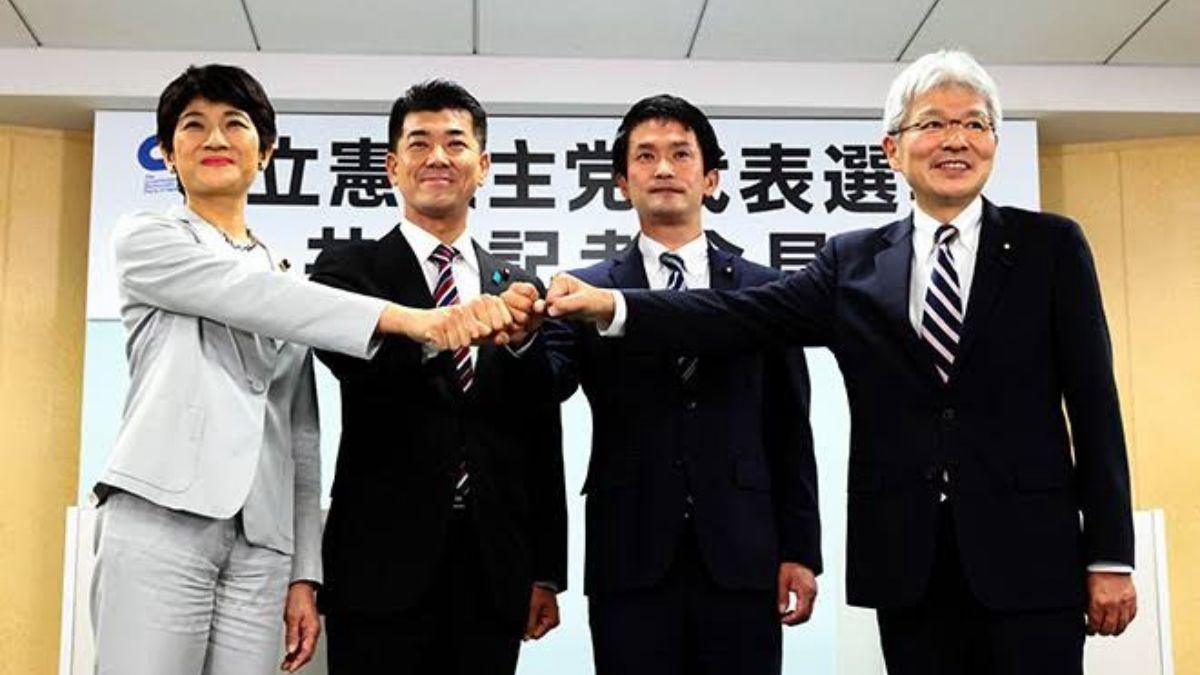The Constitutional Democratic Party of Japan (CDP) is in the midst of a heated leadership contest with four candidates: former Prime Minister Yoshihiko Noda, former party leader Yukio Edano, current leader Kenta Izumi, and House of Representatives member Harumi Yoshida. The election, which will determine the party’s direction for the upcoming House of Representatives election, will culminate in a vote on the 23rd.
Among the candidates, only one has prominently pledged to pursue a “nuclear-free society,” a commitment reflecting the party’s platform. This pledge is rooted in lessons learned from the Democratic Party’s handling of the Fukushima Daiichi nuclear disaster in 2011. The CDP’s platform underscores its dedication to phasing out nuclear energy and transitioning to alternative energy sources as a priority.
Former Prime Minister Noda, former leader Edano, current leader Izumi, and Yoshida each bring distinct visions for the party’s future. Their policies will shape the CDP’s manifesto and potentially influence Japan’s broader energy strategy. As the party prepares for the next general election, the emphasis on a nuclear-free society highlights a significant divergence in approach, particularly in response to past nuclear crises and ongoing energy debates.
The upcoming leadership vote is critical not only for determining the CDP’s internal direction but also for setting the stage for its electoral strategy. The inclusion of a nuclear-free pledge signals a strong commitment to environmental and energy policy reform, positioning the party as a forward-thinking alternative in Japan’s political landscape.
This focus on a nuclear-free future recalls earlier news reports highlighting the CDP’s commitment to reforming Japan’s energy policy. As previously covered, the party’s platform reflects a strategic pivot towards sustainable energy solutions, aligning with public sentiment and broader environmental goals.

